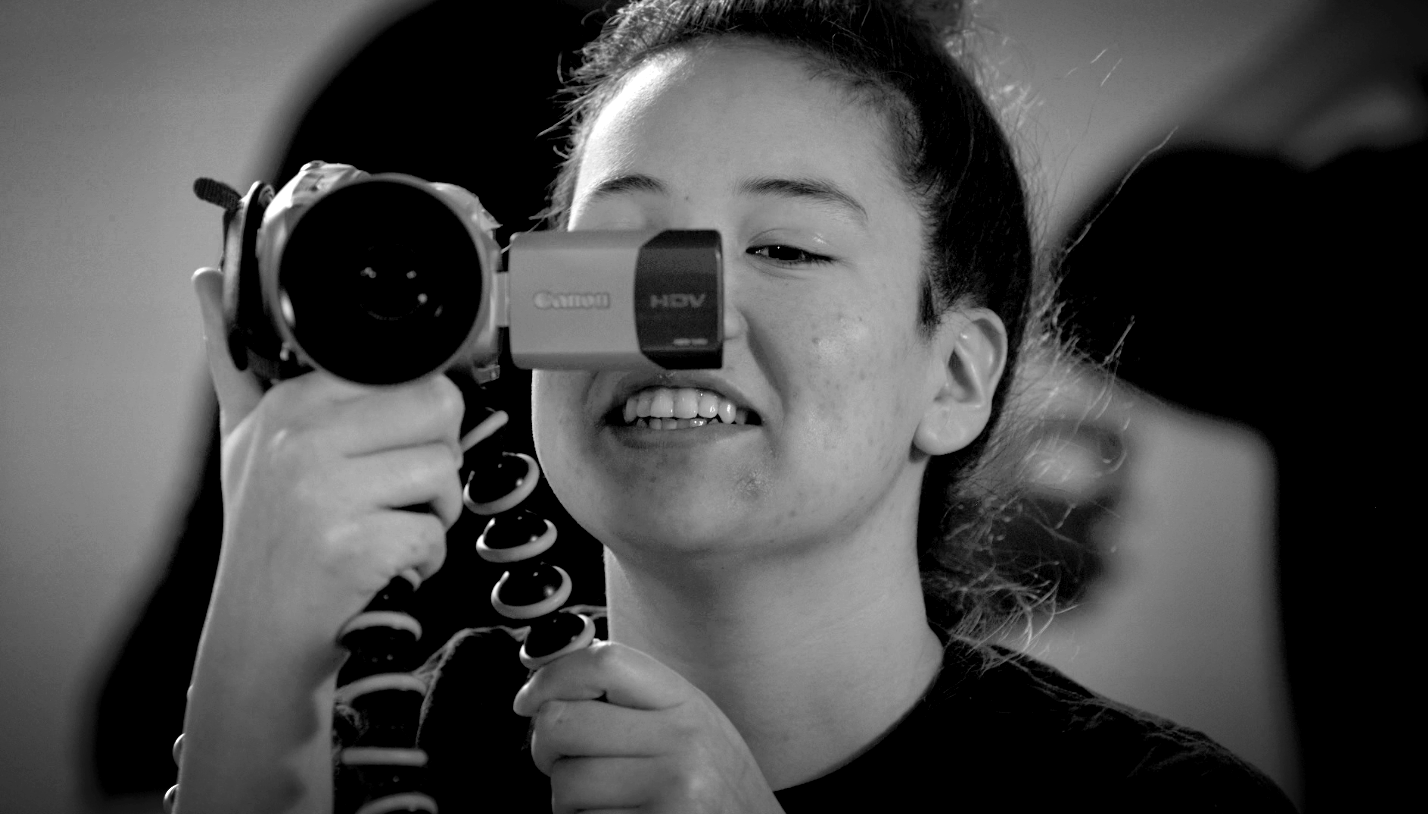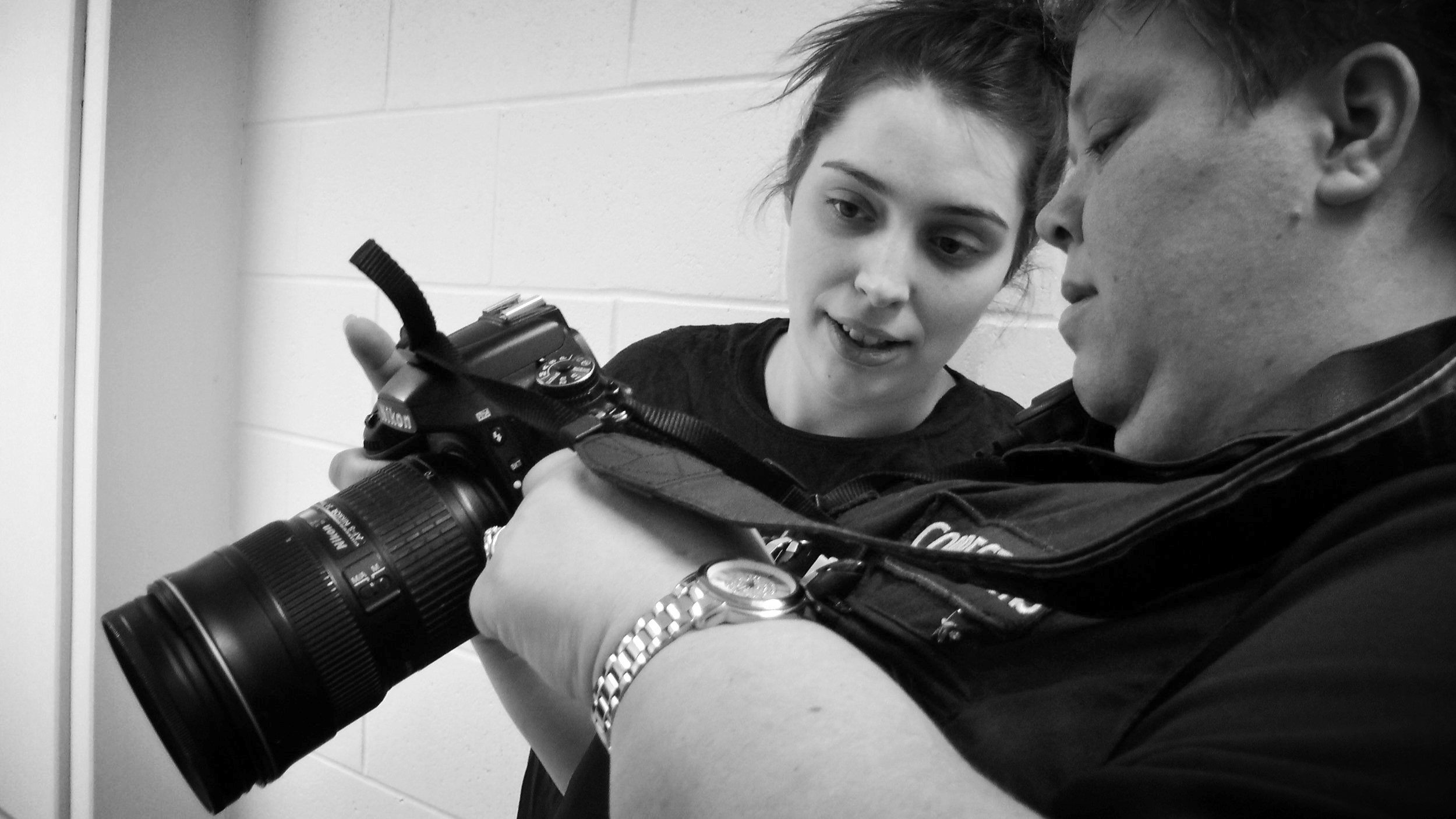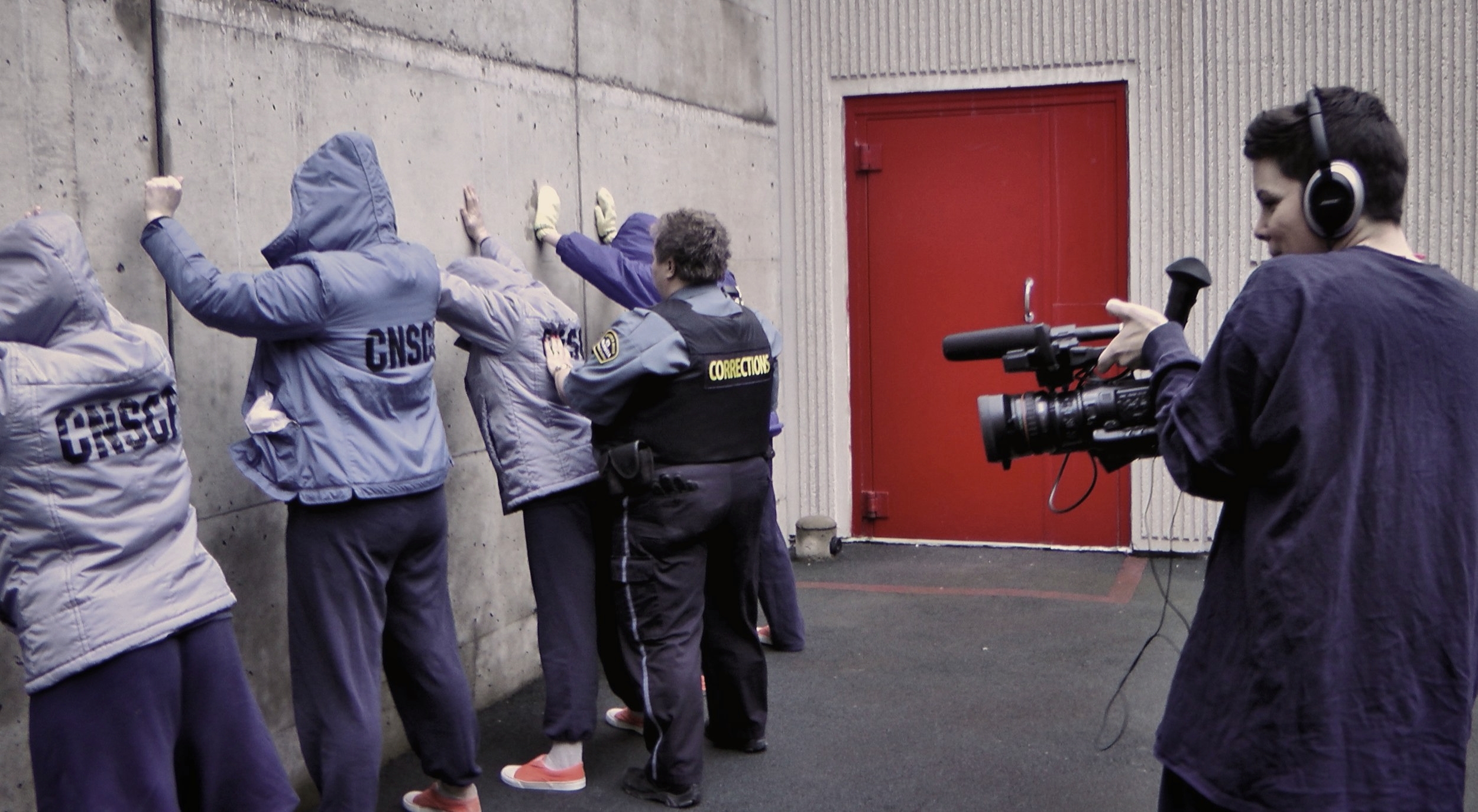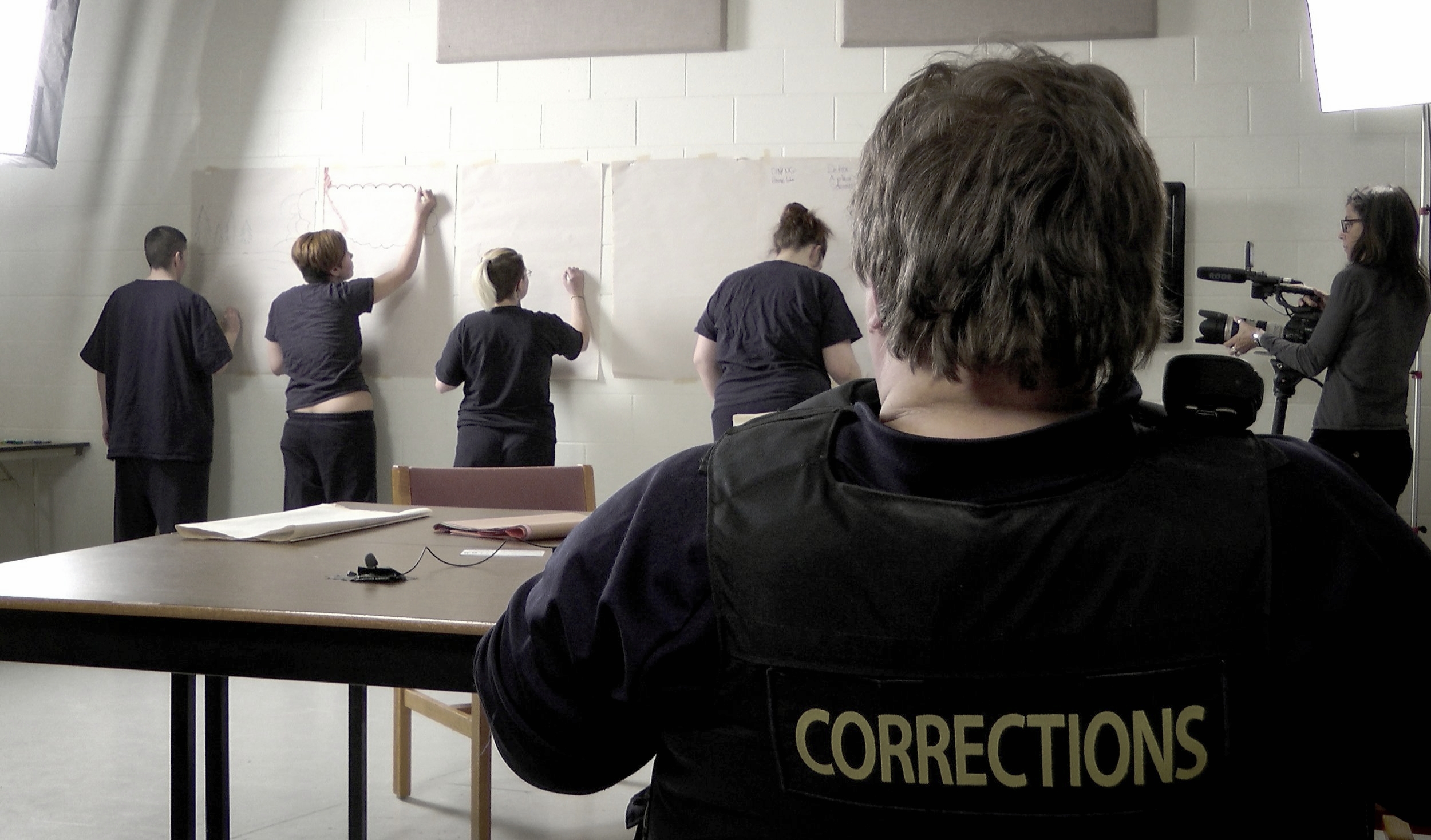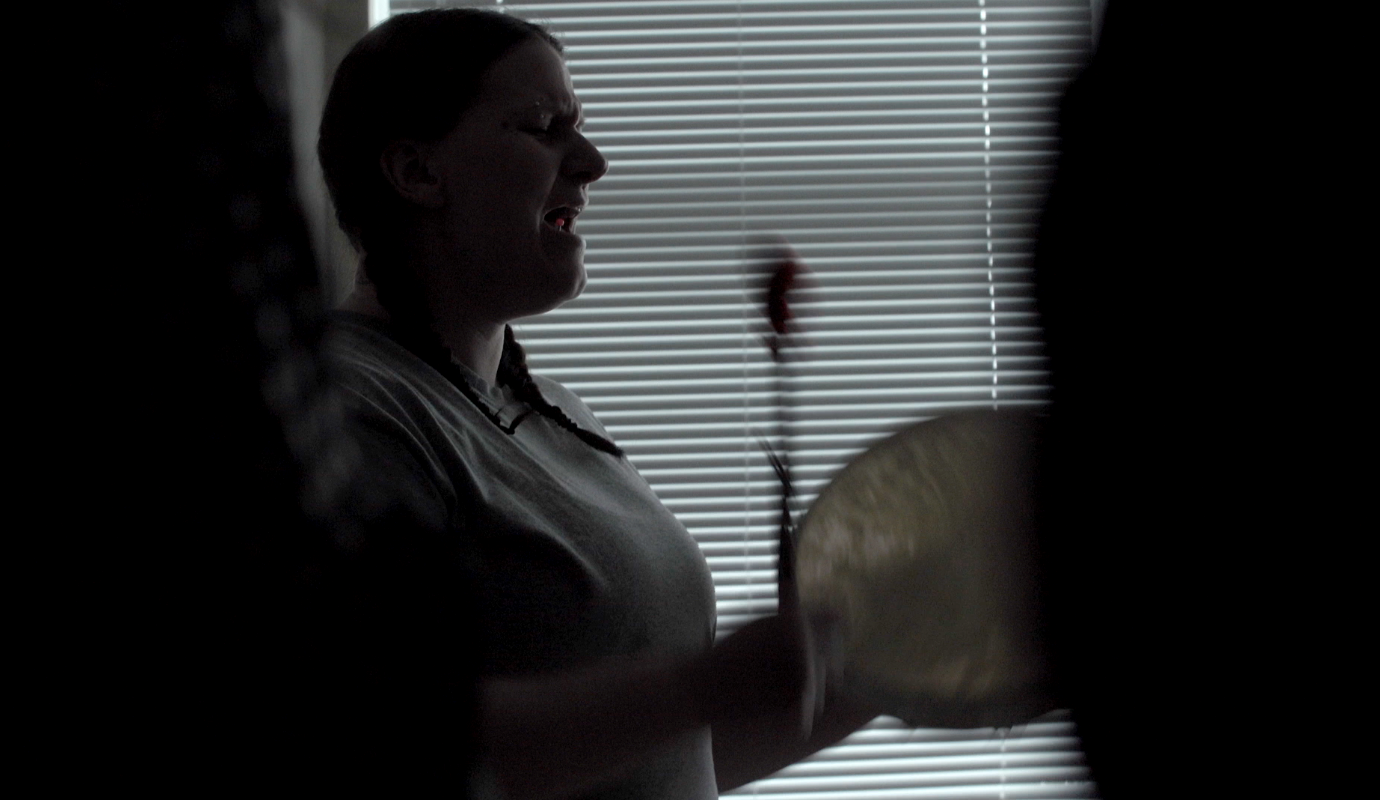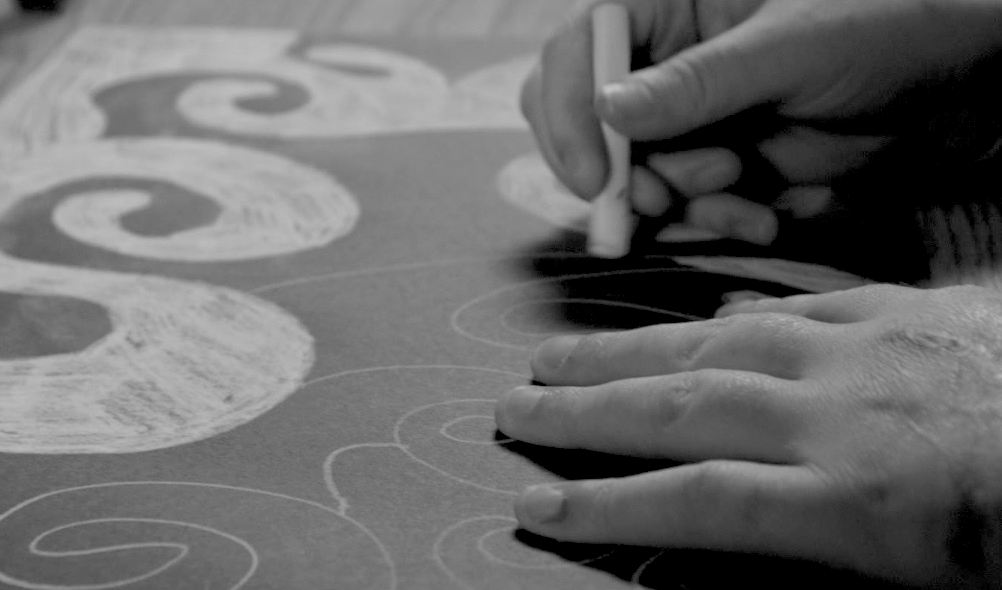ABOUT CONVICTION
ALARMED BY THE RISING NUMBERS OF WOMEN IN PRISON
...and inspired by the conviction of Senator Kim Pate, Conviction flips the narrative away from pop culture's voyeuristic lens and hands it to the women who are being victimized, marginalized and criminalized in our society. Not another ‘broken prison’ film, Conviction is a ‘broken society’ film – an ambitious and inspired re-build of our community, from the inside out. With more women in prisons than ever before, the film implicates viewers to question the status quo, and to consider a different kind of society that better supports the most vulnerable among us.
Conviction’s Collaborative Approach
Conviction’s approach aims to collapse the ‘us’ and the ‘them’, the filmmaker and the subject, the viewer and the women in prison. The women involved are true collaborators, not only in the process of creating their different versions of a better society, but also by participating in the making of the film.
Conventional documentary roles of director, crew, interviewer, and subjects are blurred as the women become empowered to develop their ideas, experiment with all aspects of filmmaking, and celebrate their own voices. Their creative agency becomes a powerful force, encouraging them to chart the course of their own lives. This collaborative process is at the heart of our vision, and drives our process as filmmakers, the film’s point of view, the content, and the creative style of the documentary.
KIM PAte and the work of the Elizabeth Fry Society
Alongside the women inside is Kim Pate, recently appointed senator, and past executive director of the Canadian Association of Elizabeth Fry Societies. She’s spent 30 years advocating for women inside prisons, speaking out for those whose voices have been silenced, and is now positioned to help legislate change. Kim is driven by her conviction that systems of punishment need to be dismantled and replaced with effective support within the community. She believes society has failed marginalized women, while our prisons have become warehouses for the poor and mentally ill.
As Kim continues her work with women inside, she connects us with the work of Elizabeth Fry Societies across Canada, with the history of debates about punishment, with the present-day decarceration community, and with the yet unknown work she’s beginning as senator, to realize her vision of a world without prison.


